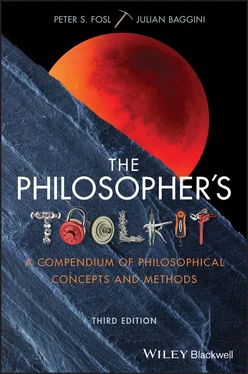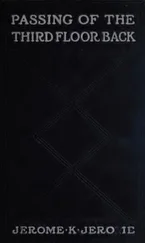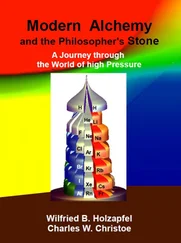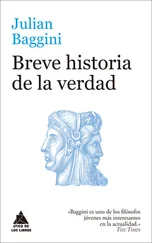In logic, however, ‘tautology’ has a more precisely defined meaning. A tautology is a statement that, because of its logical structure, is true in every circumstance – or, as some say, in every possible world. Tautologies are in this sense logical truths or necessary truths . Take, for example:
p or not‐ p .
If p is true the statement turns out to be true. But if p is false, the statement still turns out to be true. This is the case for whatever one substitutes for p : ‘today is Monday’, ‘atoms are invisible’, or ‘monkeys make great lasagna’. One can see why tautologies are so poorly regarded. A statement that is true regardless of the truth or falsehood of its components can be considered to be empty; its content does no work.
This is not to say that tautologies are without philosophical value. Understanding tautologies helps one to understand the nature and function of reason and language.
Valid arguments as tautologies
As it turns out, all valid arguments can be restated as tautologies – that is, hypothetical statements in which the antecedent is the conjunction of the premises and the consequent the conclusion. In other words, every valid argument may be articulated as a statement of this form: ‘If w , x , and y are true, then c is true’, where w , x , and y are the argument’s premises and c is its conclusion. When any valid argument is substituted into this form, a tautology results.
In addition, the law of non‐contradiction – a cornerstone of philosophical logic – is also a tautology. The law may be formulated this way:
Not ( p and not‐ p ).
The law is a tautology since, whether p is true or false, the complete statement will turn out to be true.
The law of non‐contradiction can hardly be said to be uninformative, since it’s the foundation upon which nearly all logic is built. But, in fact, it’s not the law itself that’s informative so much as any attempt to break it.
Attempts to break the law of non‐contradiction themselves require contradictions, and it’s standardly accepted that contradictions are obviously, and in all circumstances, false. A contradiction flouts the law of non‐contradiction, since it asserts both that something is true and that something is false in precisely the same sense and at the same time – asserting, as it were, both p and not‐ p . Given, however, that the law of non‐contradiction is a tautology, and thus in all circumstances true, there can be nothing more clearly flawed and senseless than asserting a contradiction in opposition to it – unless, that is, you’re a dialetheist in logic (see 3.10).
The principle of non‐contradiction has also been historically important in philosophy. The principle underwrote ancient analyses of change and plurality and is crucial to Parmenides of Elea’s sixth‐century BCE proclamation that ‘what‐is is and cannot not‐be’. It also seems central to considerations of identity – for example, in Leibniz’s claim that objects that are identical must have all the same properties.
One curious and useful feature of the law of non‐contradiction is that, as Aristotle shows in his Metaphysics Book 4, any attempt to refute it presupposes it, and so for Aristotle nothing can be more certain than the principle of non‐contradiction. (See also Plato’s formulation at Republic IV, 436b–437a.)
To argue that the law of non‐contradiction is false is to imply that it is not also true. In other words, the critic presupposes that what he or she is criticising can be either true or false but not both true and false . But this presupposition is just the law of non‐contradiction itself – the same law the critic aims to refute! In other words, anyone who denies the principle of non‐contradiction simultaneously affirms it. It is, in short, a principle that cannot be rationally criticised, because it’s presupposed by all rationality.
To understand why a tautology is necessarily, and in a sense at least, uninformatively true, and why a self‐contradiction is necessarily false, is to understand the most basic principle of logic. The law of non‐contradiction is where those two concepts meet and so is perhaps best described as the keystone, rather than cornerstone, of philosophical logic.
1 1.4 Validity and soundness
2 1.6 Consistency
3 3.10 Contradiction/contrariety
4 5.6 Leibniz’s law of identity
5 7.5 Paradoxes
Aristotle (384–322 BCE). Interpretation, esp. Chs 6–9
Aristotle (384–322 BCE). Posterior Analytics, Bk 1, Ch. 11:10
Graham Priest, J.C. Beall, and Bradley Armour‐Garb (eds) (2004). The Law of Non‐contradiction (2004)
Конец ознакомительного фрагмента.
Текст предоставлен ООО «ЛитРес».
Прочитайте эту книгу целиком, на ЛитРес.
Безопасно оплатить книгу можно банковской картой Visa, MasterCard, Maestro, со счета мобильного телефона, с платежного терминала, в салоне МТС или Связной, через PayPal, WebMoney, Яндекс.Деньги, QIWI Кошелек, бонусными картами или другим удобным Вам способом.












